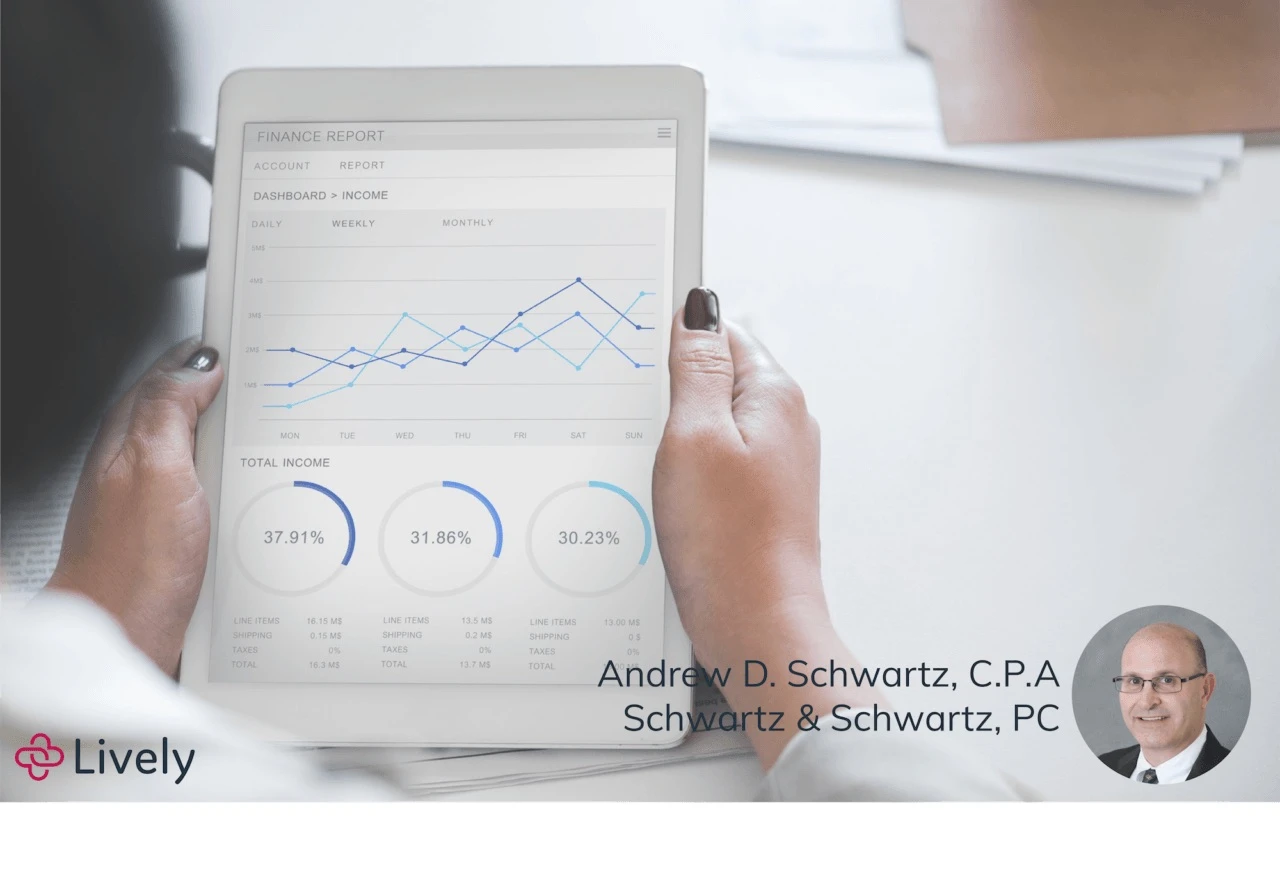The Lively Blog
SIGN UP FOR OUR
Newsletter
Stay up to date on the latest news delivered straight to your inbox
HSAs Make A Great Buy And Hold Proposition
Lively · April 4, 2018 · 4 min read

Are you aware that there is an investment option available that allows for tax-deductible contributions and also for tax-free distributions?
First introduced back in 2004, Health Savings Accounts offer individuals that unique winning combination. The favorable tax advantages of HSAs has caused them to become increasingly more popular in recent years.
HSA Value Proposition
To be eligible to contribute to an HSA, you need to have a qualifying high-deductible health insurance plan in place, Your health insurance company can let you know whether the medical insurance product you currently have with them qualifies.
Here are the four tax advantages that come with HSAs:
Money contributed into an HSA is tax-deductible. Either you contribute money into an HSA on your own and/or your employer contributes on your behalf.
Money invested within the HSA is your money and grows tax-deferred. And unlike Flexible Spending Accounts (FSAs) offered to you as part of your employer benefit package where you set aside a certain amount of money each year to pay for your family’s healthcare costs with pre-tax dollars, there is no “use it or lose it” pitfall with HSAs, allowing the account can grow in value over time.
Money can be withdrawn tax-free from your HSA at any time to pay for your family’s healthcare expenses.
Any money remaining in your HSA upon reaching the age of 65 is available to subsidize your retirement. You will owe taxes but no penalties on money taken out at that time that is not used for your family’s healthcare costs once you turn 65.
With tax-deductible contributions and tax-free distributions, we are seeing a lot of our clients who have decided to let their HSAs grow instead of taking out money to pay their current year’s medical expenses.
Adding money to an HSA when eligible makes perfect sense thanks to the tax deductibility of those contributions. For 2019, the maximum contribution is $7,000 for families and $3,500 for single individuals. Anyone 55 or older can contribute an additional $1,000 per year.
The question is what you should do about paying your family’s healthcare costs when you have money in an HSA and have most likely been given a debit card connected to your HSA to easily pay your co-pays, deductibles, and other costs. I’ve spoken to many clients about this recently, and we came to the conclusion that not using money in your HSA account may actually make the most financial sense (circumstance dependent).
Instead, pay for the medical expenses out of money sitting in your checking account since that money is either not invested, is earning 0.1% in a bank savings account, or will ultimately be invested in a taxable account. Doing so will allow the HSA to remain fully invested and growing within its tax-deferred envelope. Why reduce the money growing within the HSA when there is no requirement mandating you to do so?
Lastly, for people looking to build up assets within their HSA, there are a lot of options out there now to purchase mutual funds and take full advantage of years of compounded tax-deferred growth.
Andrew D. Schwartz, C.P.A., is the founder and managing partner of Schwartz & Schwartz, PC, in Woburn, MA. Since 1993, Andrew has provided tax, practice management, payroll, and basic financial planning services to healthcare professionals and their practices. Andrew is also the founder of The MDTAXES Network, a national association of CPAs that specialize in the healthcare profession.
Andrew graduated from the Wharton School at the University of Pennsylvania. He is a member of the Massachusetts Society of CPAs (MSCPA) and the American Institute of CPAs (AICPA). Andrew was selected as a multi-year winner of Boston Magazine’s “Five-Star Wealth Manager – Best in Client Satisfaction” award.

Benefits
2025 and 2026 HSA Maximum Contribution Limits
Lively · May 9, 2024 · 3 min read
On May 9, 2024 the Internal Revenue Service announced the HSA contribution limits for 2025. For 2025 HSA-eligible account holders are allowed to contribute: $4,300 for individual coverage and $8,500 for family coverage. If you are 55 years or older, you’re still eligible to contribute an extra $1,000 catch-up contribution.

Benefits
What is the Difference Between a Flexible Spending Account and a Health Savings Account?
Lauren Hargrave · February 9, 2024 · 12 min read
A Health Savings Account (HSA) and Healthcare Flexible Spending Account (FSA) provide up to 30% savings on out-of-pocket healthcare expenses. That’s good news. Except you can’t contribute to an HSA and Healthcare FSA at the same time. So what if your employer offers both benefits? How do you choose which account type is best for you? Let’s explore the advantages of each to help you decide which wins in HSA vs FSA.

Health Savings Accounts
Ways Health Savings Account Matching Benefits Employers
Lauren Hargrave · October 13, 2023 · 7 min read
Employers need employees to adopt and engage with their benefits and one way to encourage employees to adopt and contribute to (i.e. engage with) an HSA, is for employers to match employees’ contributions.
SIGN UP FOR OUR
Newsletter
Stay up to date on the latest news delivered straight to your inbox
